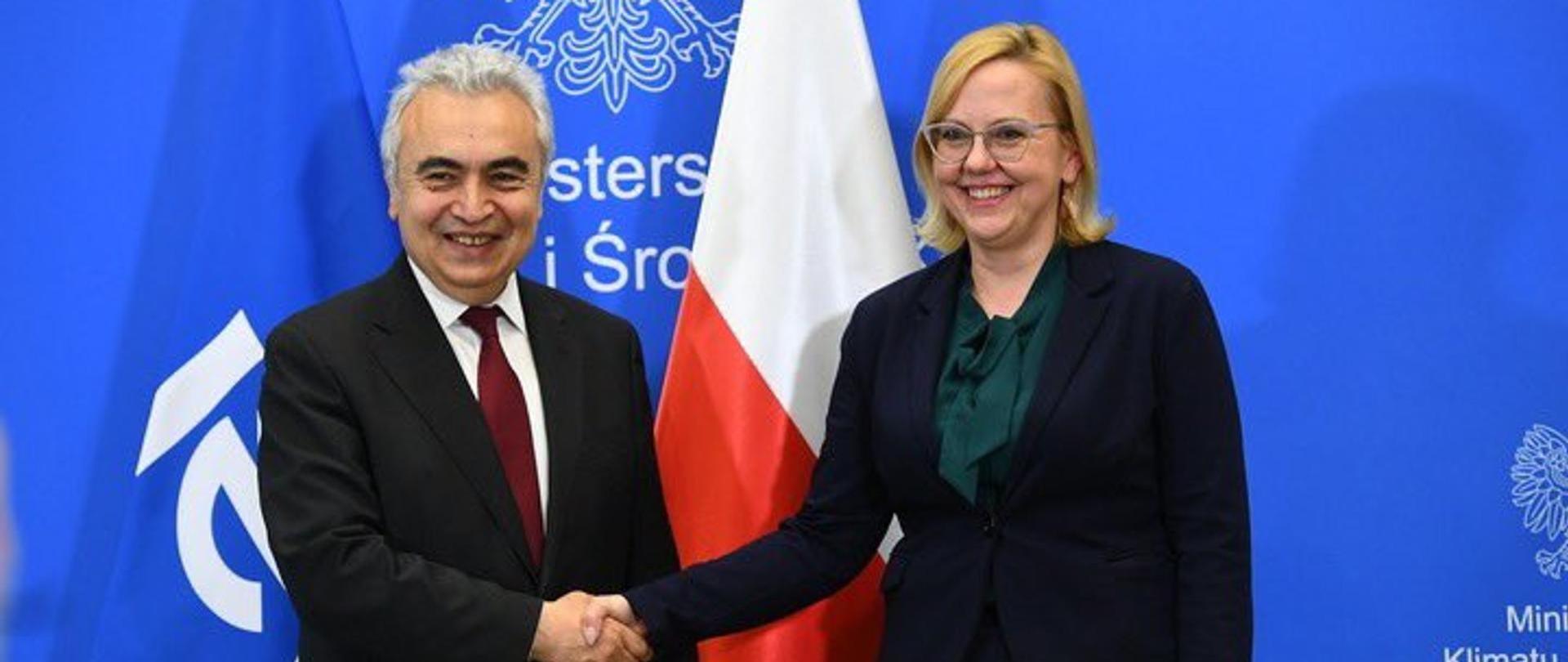Russia’s energy sector is a cornerstone of its economy and a powerful tool in its foreign policy. With vast reserves of oil and natural gas, Russia has leveraged its energy resources to exert influence over European countries and beyond.
The Role of Energy in Russian Foreign Policy
- Energy Security: Russia prioritizes ensuring its own energy security. This involves diversifying its energy sources, investing in domestic production, and developing new pipelines.
- Geopolitical Influence: Russia uses its energy resources to exert geopolitical influence over European countries. By controlling the flow of natural gas, Russia can leverage its position to pressure other countries to comply with its political demands.
- Economic Growth: The energy sector is a major driver of Russia’s economy, contributing significantly to government revenue and GDP.
Key Components of Russian Energy Policy
- State Control: The Russian government plays a dominant role in the energy sector, owning or controlling major energy companies. This allows the government to shape energy policy and ensure that the sector aligns with national interests.
- Pipeline Diplomacy: Russia has invested heavily in building a network of pipelines to transport its energy resources to Europe and Asia. These pipelines give Russia greater control over the flow of energy and allow it to bypass transit countries.
- Diversification: Russia is seeking to diversify its energy exports, reducing its reliance on European markets. This includes increasing exports to Asia, particularly China, and developing new markets in Africa and Latin America.
- Nuclear Power: Russia has a strong nuclear power industry and exports nuclear technology and fuel to other countries. Nuclear power is seen as a clean and reliable source of energy, and Russia aims to expand its nuclear power program.
Challenges and Opportunities
While Russia’s energy sector offers significant opportunities, it also faces challenges. These include:
- Declining Production: Russia’s oil and gas production has been declining in recent years, raising concerns about future energy security.
- Climate Change and Environmental Concerns: Russia is a major emitter of greenhouse gases, and the transition to a low-carbon economy poses challenges to its energy sector.
- Geopolitical Risks: Geopolitical tensions and sanctions can disrupt energy exports and investment.
- Competition from Renewable Energy: The increasing adoption of renewable energy sources could reduce demand for fossil fuels.
To address these challenges, Russia will need to invest in new technologies, diversify its energy mix, and adapt to the changing global energy landscape. By effectively managing its energy resources and leveraging its geopolitical influence, Russia can continue to play a significant role in the global energy market.

Leave a Reply